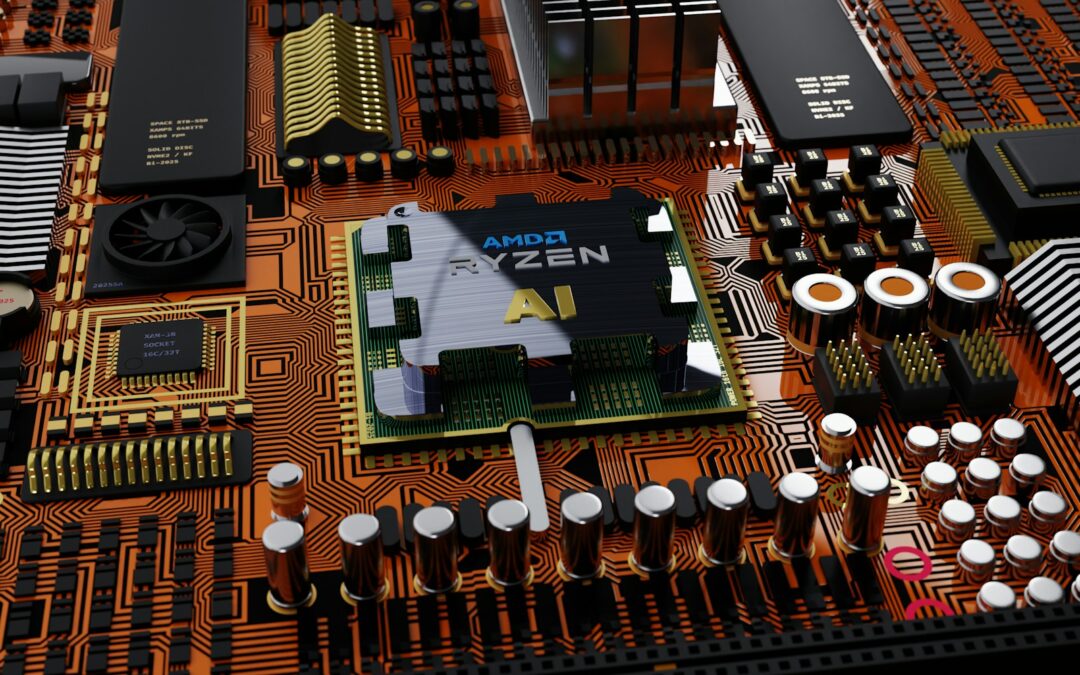Navigating the Complexities of AI in Riyadh and Dubai
Data Requirements and Quality Concerns
The limitations of neural networks, despite their transformative potential, are significant, especially when applied to complex problems in business and technology sectors in Riyadh and Dubai. One major limitation is the extensive data requirements needed to train neural networks effectively. These AI systems require vast amounts of high-quality, labeled data to learn and make accurate predictions. In many real-world applications, acquiring such large datasets is challenging, particularly in domains where data is scarce or sensitive, such as healthcare and finance. For instance, a company in Riyadh might struggle to collect sufficient high-quality data to train a neural network for predictive maintenance due to proprietary constraints or data privacy issues.
Additionally, the quality of data is paramount for the successful deployment of neural networks. Poor quality data, including noise and inconsistencies, can significantly impair the performance of these AI systems. In Dubai’s rapidly evolving market, where accurate and reliable data is crucial for decision-making, ensuring data integrity is a constant challenge. Companies must invest in robust data preprocessing and cleaning techniques to mitigate these issues, which can be resource-intensive. This requirement for pristine data highlights a key limitation of neural networks: their dependency on the availability and quality of vast datasets, which is not always feasible.
Moreover, managing data quality and volume also entails significant computational resources and infrastructure. Neural networks, especially deep learning models, demand powerful hardware such as GPUs and TPUs for training and inference. For businesses in Riyadh and Dubai, this translates to substantial investments in computing infrastructure and energy consumption. This barrier can be particularly challenging for small to mid-sized enterprises (SMEs) that may not have the financial or technical resources to support such infrastructure. Thus, while neural networks offer immense potential, their implementation can be constrained by practical considerations related to data and computational resources.
Interpretability and Explainability Issues
Another critical limitation of neural networks is their lack of interpretability and explainability. Unlike traditional machine learning models, which provide clear insights into how decisions are made, neural networks often operate as “black boxes.” This opacity makes it difficult for users to understand the reasoning behind the model’s predictions or decisions. In sensitive applications such as finance or healthcare in Dubai, where transparency is crucial, this lack of explainability can pose significant challenges. For example, a neural network might accurately predict credit risk but fail to provide insights into the factors influencing its decision, making it difficult for financial institutions in Riyadh to justify their actions to regulators and customers.
The issue of explainability also affects executive coaching services and management consulting. Business leaders and managers rely on AI-driven insights to make strategic decisions. However, if the underlying logic of these insights is not transparent, it can erode trust and hinder effective decision-making. In Dubai’s competitive business environment, where strategic agility is key, the ability to interpret and explain AI-driven recommendations is critical. Enhancing the explainability of neural networks through techniques such as attention mechanisms and model distillation is an ongoing area of research, but it remains a significant limitation in the current state of AI technology.
Furthermore, the lack of interpretability can also impact the effectiveness of communication within organizations. For instance, in project management scenarios in Riyadh, project managers need to explain the rationale behind AI-driven decisions to various stakeholders. If neural networks are used to forecast project timelines or resource needs, the inability to articulate how these forecasts were derived can lead to confusion and resistance among team members. This challenge underscores the importance of developing AI systems that not only provide accurate predictions but also offer transparent and interpretable outputs that facilitate effective communication and collaboration within organizations.
#AI #NeuralNetworks #PredictiveMaintenance #BusinessSuccess #Riyadh #Dubai #ExecutiveCoaching #EffectiveCommunication #ManagementConsulting #LeadershipSkills #ProjectManagement













